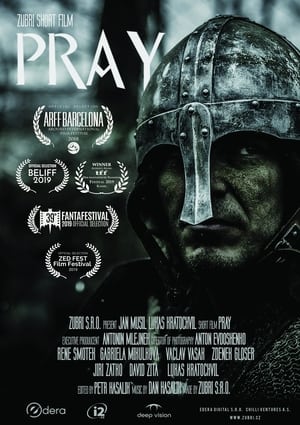
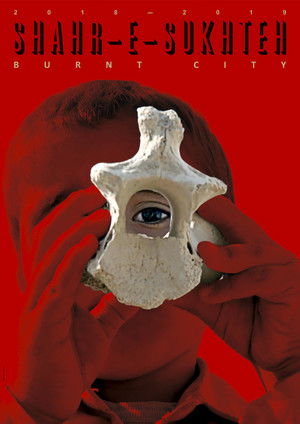
The Burnt City(NaN)
The Burnt City
A sound is heard from the depth of the soil as the archeological exploration of the Shahre Sukhte goes on. While following the archeologists to document the explorations, the film in parallel seeks out the sound coming from the depths of the soil and steps deep in history to accompany the ancient citizens of the city. The film depicts the wonderful city of “Shahre Sukhte” (The Burnt City) in Zabol in Iran, which was home to one of the highest civilizations at the dawn of history lasting for over 1400 years. In this city was no central government or leadership in Shahr-e-Sukhte. The government was administered by a group that was matriarchal, meaning that power was in the hands of women. It may be for this reason that we witness no trace of violence and war in this city. Something that the world today desperately needs.
Movie: The Burnt City
Top 7 Billed Cast
Matriarch
Matriarch's husband
Medicine Man
Ailing girl
Young girl
Young man
Man from Zabol

Shahr-e-Sukhteh
HomePage
Overview
A sound is heard from the depth of the soil as the archeological exploration of the Shahre Sukhte goes on. While following the archeologists to document the explorations, the film in parallel seeks out the sound coming from the depths of the soil and steps deep in history to accompany the ancient citizens of the city. The film depicts the wonderful city of “Shahre Sukhte” (The Burnt City) in Zabol in Iran, which was home to one of the highest civilizations at the dawn of history lasting for over 1400 years. In this city was no central government or leadership in Shahr-e-Sukhte. The government was administered by a group that was matriarchal, meaning that power was in the hands of women. It may be for this reason that we witness no trace of violence and war in this city. Something that the world today desperately needs.
Release Date
Average
0
Rating:
0.0 startsTagline
The Burnt City
Genres
Languages:
ItalianoفارسیKeywords
Similar Movies
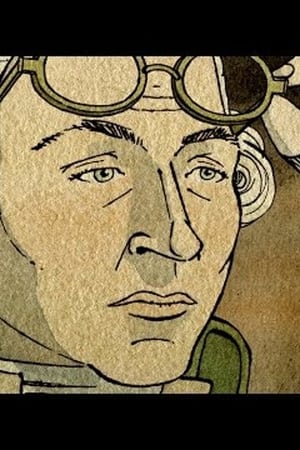 0.0
0.0Robespierre(fr)
A still drawing film on the personality of Robespierre and the French Revolution.
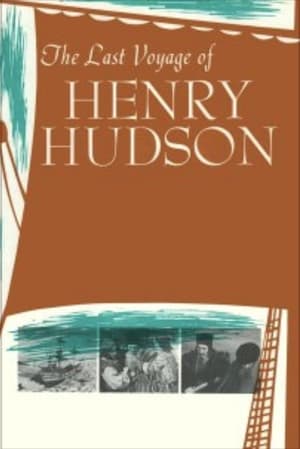 0.0
0.0The Last Voyage of Henry Hudson(en)
This short film realistically portrays the conflict Henry Hudson experienced when he went in search of an open water route to the Orient, and no one would follow him. What he discovered instead was an inland sea, a discovery that ended in tragedy.
Zwei Leben für Europa(de)
In the chaotic, highly emotional period after the First World War in 1918, the foreign ministers Gustav Stresemann (1878-1929) and Aristide Briand (1862-1932) put all their energies into trying to lead their countries, Germany and France, which were at enmity with each other, into a peaceful future and a united Europe. After their deaths, Europe has to go through a second hell before the plan of these two visionaries succeeds. The cinematic mix of archive footage and re-enactments shows two statesmen, full of facts and emotion, who give each other nothing in difficult negotiations, but at the same time hold on to their shared vision. Even if these two human lives were not enough to reap the fruits of their labor, they sowed the seeds for the next generation. In 1926, Aristide Briand and Gustav Stresemann were awarded the Nobel Peace Prize. It is a sign that the peoples of the world believe in a Europe at peace.
 0.0
0.0Victorian Britain on Film(en)
Offers audiences a unique window into a bygone era when a thrilling new invention, the motion picture camera, first captures a nation on film.
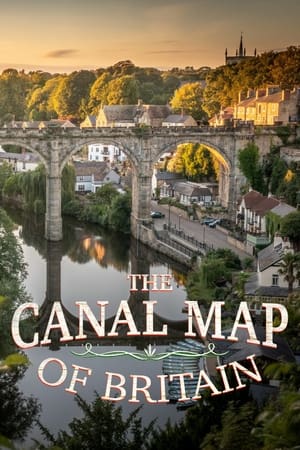 0.0
0.0The Canal Map of Britain(en)
A look at Britain's beloved canal network via a fact-filled cruise along the first superhighways of the Industrial Revolution. In the age before mechanisation, a frenzy of canal-building saw a new army of workers carve out the British landscape, digging out hundreds of miles of waterways using picks, shovels and muscle.
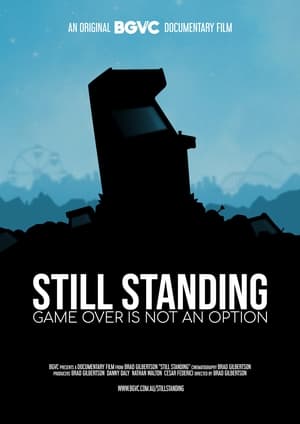 9.0
9.0Still Standing(en)
Discover the untold story of Pinball and Arcade in Australia in this heart-warming, and at times heart-breaking, nostalgic journey through the golden era of gaming.
David Thompson: The Great Mapmaker(en)
This short film recreates the story of David Thompson – a man who, over the course of his lifetime, mapped a-million-and-a-half square miles of uncharted territory. His achievement remains unsurpassed.
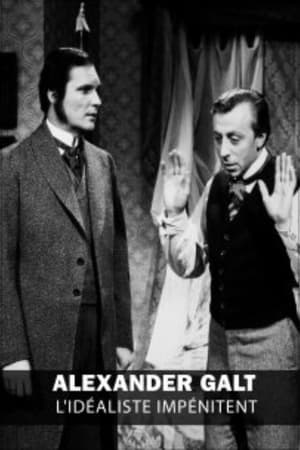 0.0
0.0Alexander Galt: The Stubborn Idealist(en)
For Alexander Galt it was the middle of the road, until he saw some hope for his dream of a united Canada. What was he like, this stubborn idealist? How did he measure up to other political strongmen of his time? In this film you sense the personal clashes and the interplay of political ambitions that left their mark on history.
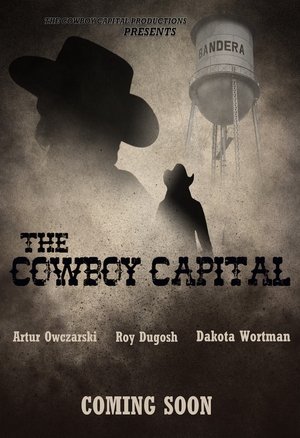 10.0
10.0The Cowboy Capital(en)
Bandera, Texas (THE COWBOY CAPITAL OF THE WORLD) is a captivating documentary that explores the vibrant history, unique culture, and enduring values of the small town of Bandera, Texas.
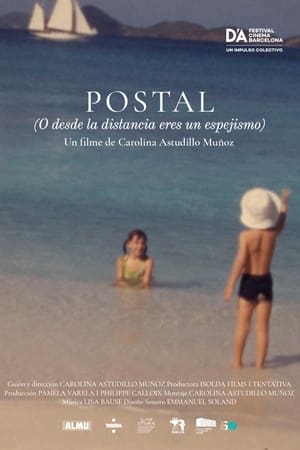 0.0
0.0Postcard (Or, from afar, you are a mirage)(es)
"The palm trees on the reverse are a delusion; so is the pink sand". This line, taken from a poem by Margaret Atwood, lights the path traced in "Postcard". As the years go by, landscapes transform, take on new meanings, and hold onto joys that will never be regained. The sea and the beach, once stages of happy summers, romances, and encounters, will turn into concentration camps or centers of detention and torture. This occurs across different times and places. In this piece, I embark on a journey through some of my works that explore the relationship between testimony, spaces, and time, engaging in dialogue with the beautiful film directed by Alejandro Segovia in 1972.
The Life Of Jesus(en)
The story of Jesus' life as told by the apostle John, narrated by Christopher Plummer.
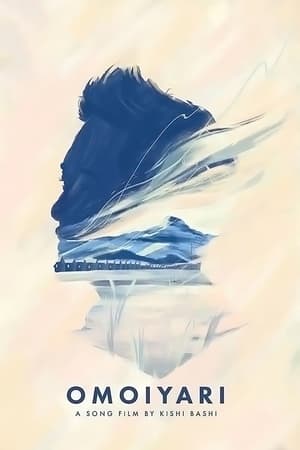 6.0
6.0Omoiyari(en)
Violinist and songwriter Kishi Bashi travels on a musical journey to understand WWII era Japanese Incarceration, assimilation, and what it means to be a minority in America today.
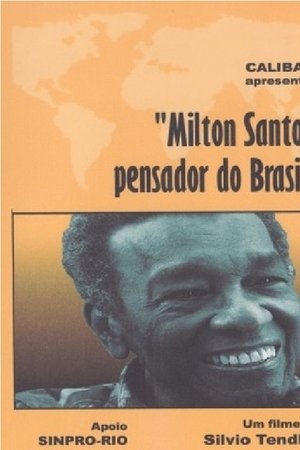 8.0
8.0Milton Santos, Pensador do Brasil(pt)
The interview, held on January 4, 2001, was the last given by Professor Milton Santos, who died from cancer on June 24 of the same year. The geographer is gone, but his thoughts remains. Its political and cultural ideals inspire the debate on Brazilian society and the construction of a new world. His statement is a true testimony, a lesson that the world can be better. Based on geography, Milton Santos performs a reading of the contemporary world that reveals the different faces of the phenomenon of globalization. It is in the evidence of contradictions and paradoxes that constitute everyday life that Milton Santos sees the possibilities of building another reality. He innovates when, instead of standing against globalization, proposes and points out ways for another globalization.
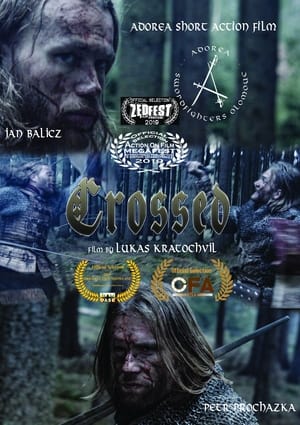 6.0
6.0Crossed(en)
Crossed: sword and shield duel, action short movie, sword fighting, Award winning
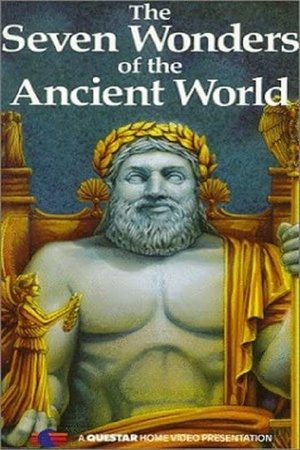 0.0
0.0The Seven Wonders of the Ancient World(en)
Documentary discussing the seven manmade wonders listed by Philo of Byzantium 2000 years ago: the Colussus of Rhodes, the statue of Zeus at Olympus, the Mausoleum at Halicarnassus, the temple to Artemis at Ephesus, the pyramid of Giza, the Pharos of Alexandria and the Hanging Gardens of Babylon.
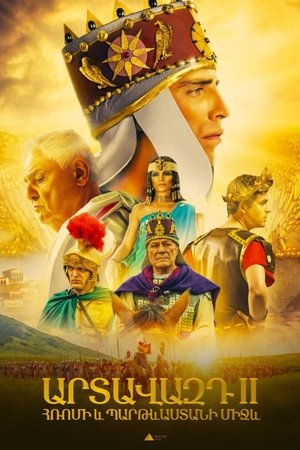 0.0
0.0Artavazd II Between Rome and Parthia(hy)
The reign of the Armenian king Artavazd Il coincided with the period of fierce Roman-Parthian wars, in which Greater Armenia always took a direct part. Greek and Roman historians called Armenia the third power in the world, and its king Artavazd Il one of the most influential and authoritative rulers of his era. This was the era of great personalities Julius Caesar, Cleopatra, Mark Antony, who became part of the great policy of the Armenian king Artavazd II.
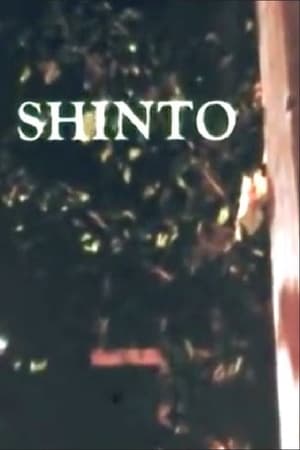 0.0
0.0Shinto: Nature, Gods, and Man in Japan(en)
A documentary tracing the development of Shinto to the present day. Explores ancient ritual sites that are still used today, as well as major shrines and great works of Shinto religious art.
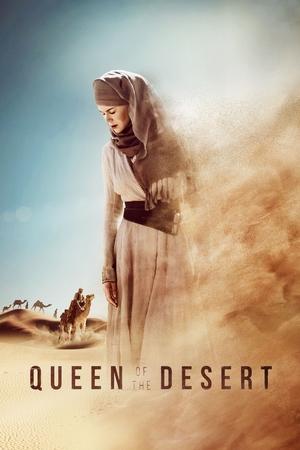 5.9
5.9Queen of the Desert(en)
A chronicle of Gertrude Bell's life, a traveler, writer, archaeologist, explorer, cartographer, and political attaché for the British Empire at the dawn of the twentieth century.
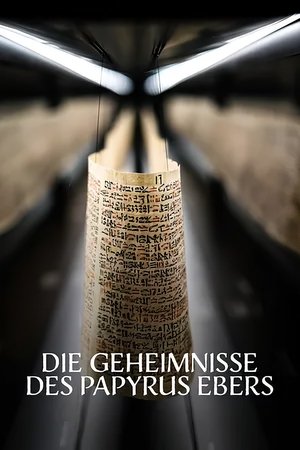 9.5
9.5Magie & Medizin - Die Geheimnisse des Papyrus Ebers(de)
At around 3,500 years old, the Ebers Papyrus is the oldest completely preserved medical manual in the world. Recipes were written down here on 18.6 meters in ancient Egypt. When Georg Ebers set out in search of the scroll in 1872, its existence was questionable and its sensational condition only a rumor.
